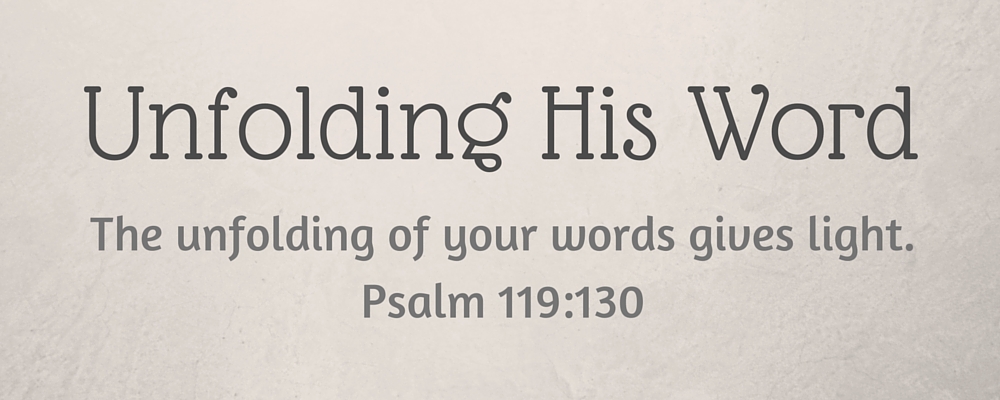Hardly anyone reads a roadmap anymore. With GPS on our phones and in our cars, we go unfamiliar places by following the arrow or the voice that tells us where to make the next turn. But there’s something to be said for having an overview of the whole trip mapped out in advance.
Likewise teaching. The benefits of having good lesson plans when preparing a Bible study are many. Just as a roadmap gives you a clear image of how to arrive at your destination, the lesson plan gives the Bible study leader a clear path to get from the beginning to the end of the lesson.
In a recent post, I listed some elements of a good syllabus. As a follow-up, I offer you some benefits of having a good plan for your overall course and for your specific lessons.
Lesson plans help you determine which topics are most important
I always over prepare and end up with far more material than can be covered in a single one-hour Bible study class. Without a plan, I’ll easily get trapped in discussing one topic for too long and never move on to something more important. Lesson plans keep me on track, not only for that particular hour, but for the entire 8-12 week session. Knowing that I’ll be covering a topic in more depth several weeks from now gives me the freedom to move on from something that I don’t have enough time to discuss now.
Lesson plans give you a record of what you taught
I only started keeping good notes in recent years, and I wish I had saved all my Bible teaching notes from the beginning. Good lesson plans are a resource for future classes and can be used to prepare guest talks on short notice.
Lesson plans allow someone else to substitute for you
If you have to miss class for some unexpected reason, having a good lesson plan in place will help your substitute to cover class without stress. A good lesson plan will also help you know where to pick up the lesson when you return.
Lesson plans help you evaluate when class is over
After a class is over, my memory is hazy. My mind plays tricks on me, and as crazy as this sounds, I often question myself: Did I say that, or did I just think that? Having a lesson plan allows me to look back and remember the discussion more clearly. If I evaluate what was beneficial and what was a waste of time, I can improve my teaching of future classes.
Lesson plans give you ideas for writing blog posts, devotions, newsletters, or a book
Well-written lesson plans can be the seed for the blog you’ve been meaning to start. Some lessons can be revised into a devotion and submitted to an online devotional such as http://christiandevotions.us/. You might consider starting a newsletter for your small group or your church’s ministry. And who knows, perhaps your lessons can be developed into a book like this one to be shared beyond your local church.
Do a Google search on “lesson plans” and you’ll find all kinds of resources for school teachers to help them prepare their classes. The same benefits can be yours if you invest the time needed to prepare your lessons in advance.
(Image: map of central London courtesy of OpenStreetMap.org available at Wikimedia and licensed under Creative Commons)
What do you think?
Can you offer any tips for other leaders/teachers as they prepare their lesson plans?

